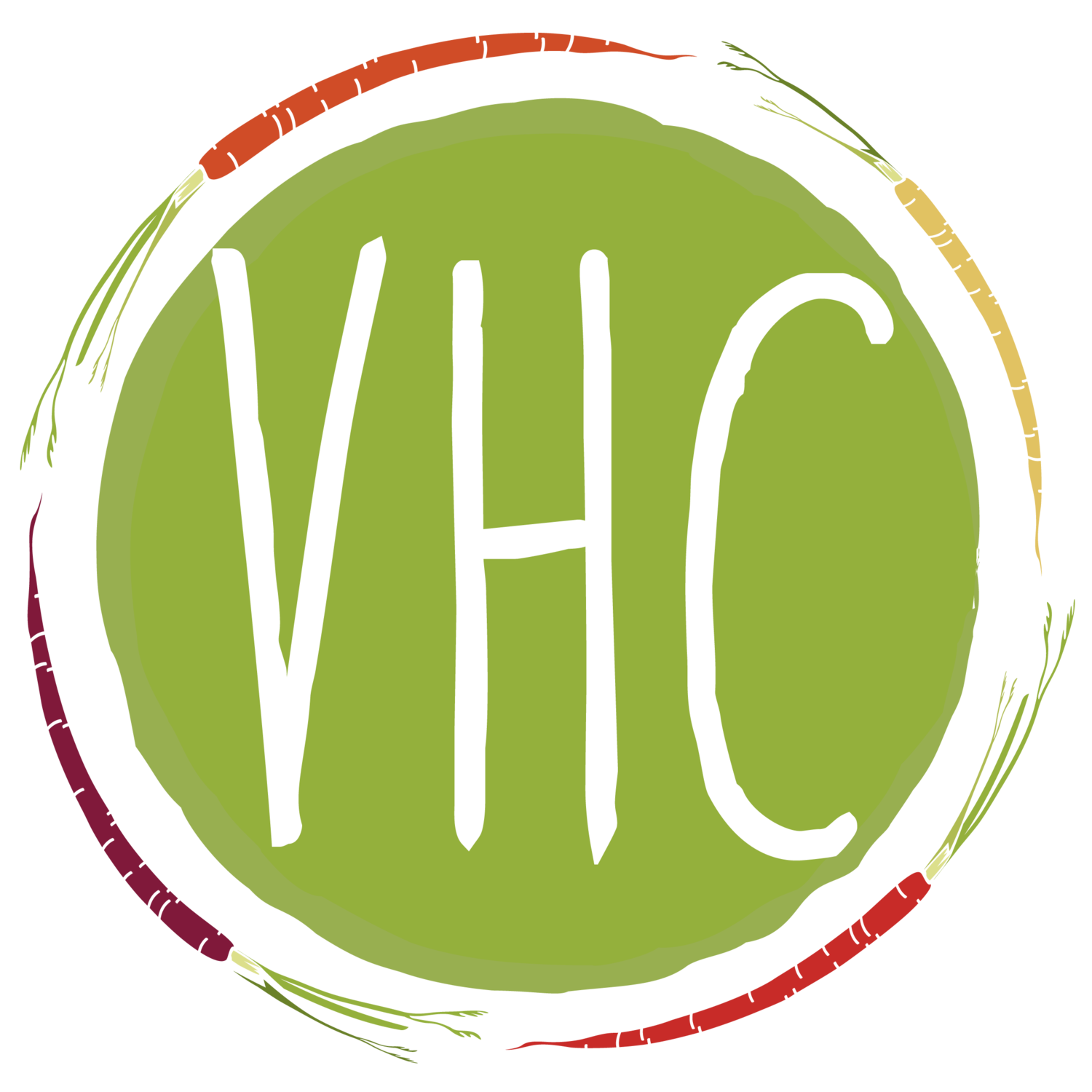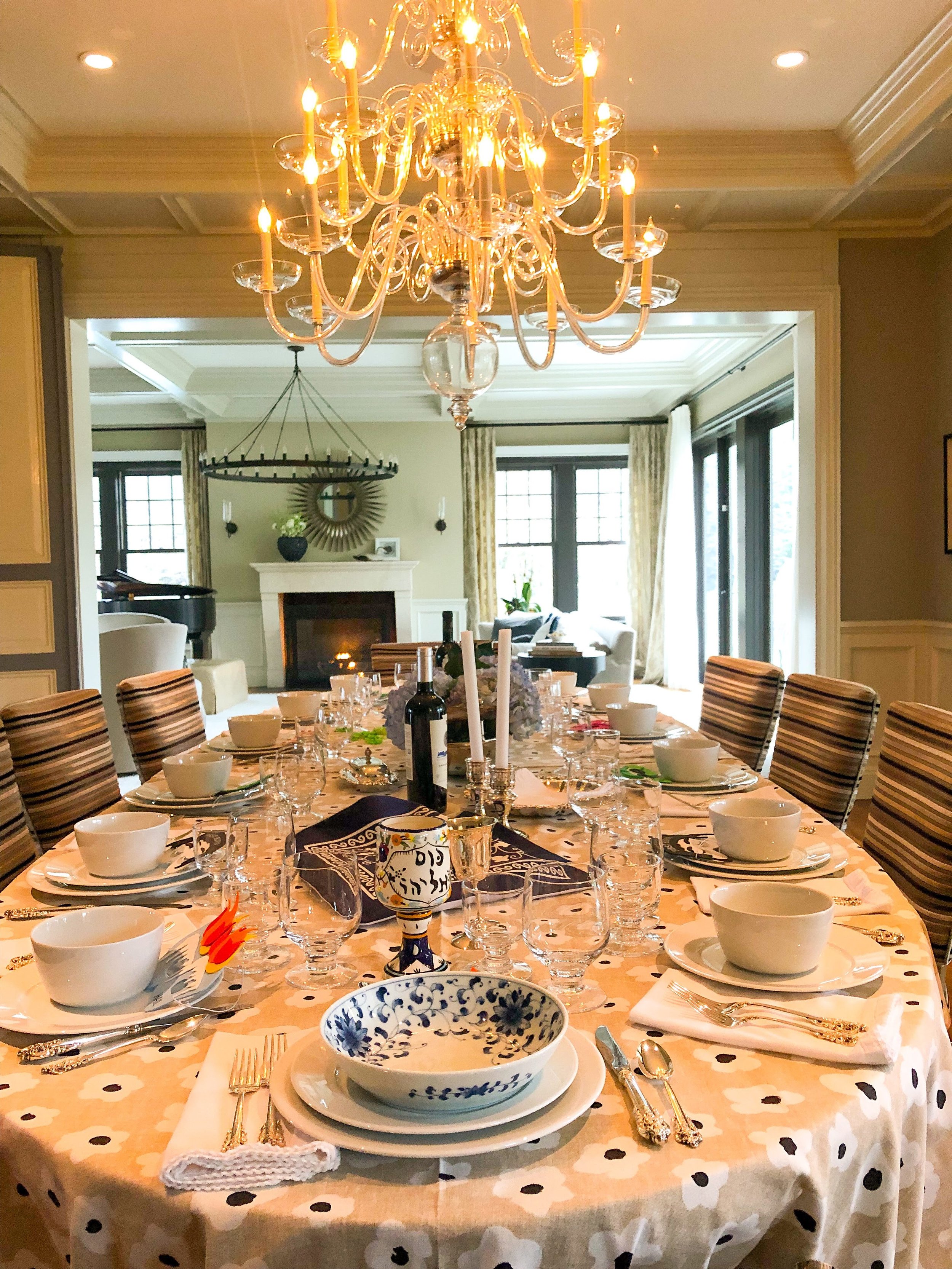How To Cook For Passover
As a private or personal chef in New York and The Hamptons it is important to understand what to goes on the seder plate. New York City, specifically Brooklyn has the largest population of Jewish people in the world. With that being said there is a good chance as a personal chef you would be asked to prepare passover dinner. Below I dive into what passover is, what ingredients to avoid, and what actually goes on the seder plate!
What is Passover?
Passover is observed for eight days (seven days in Israel), and it involves specific dietary restrictions, rituals, and traditional foods. During Passover, observant Jews are required to abstain from eating chametz, which is leavened bread or any food made from wheat, barley, rye, oats, or spelt that has been allowed to ferment and rise. It is important to note that traditions and practices may vary among Jewish communities and individuals, so the specific foods and customs observed during Passover can differ. Always check with your clients preferences first.
The central event of Passover is the Seder, a ritual feast held on the first and second nights of the holiday (only on the first night in Israel).
Seder Plate
Matzah: Unleavened bread representing the haste with which the Israelites left Egypt.
Maror: Bitter herbs (usually horseradish), symbolizing the bitterness of slavery.
Charoset: A sweet mixture of fruit, nuts, and wine, representing the mortar used by the Israelite slaves to build structures for the Egyptians.
Karpas: A green vegetable, usually parsley or celery, representing spring and new beginnings. It is dipped in salt water to recall the tears of the Israelite slaves.
Zeroa: A roasted lamb shank bone, symbolizing the sacrificial lamb whose blood marked the Israelite homes.
Beitzah: A hard-boiled or roasted egg, symbolizing the temple sacrifice and the cycle of life.



